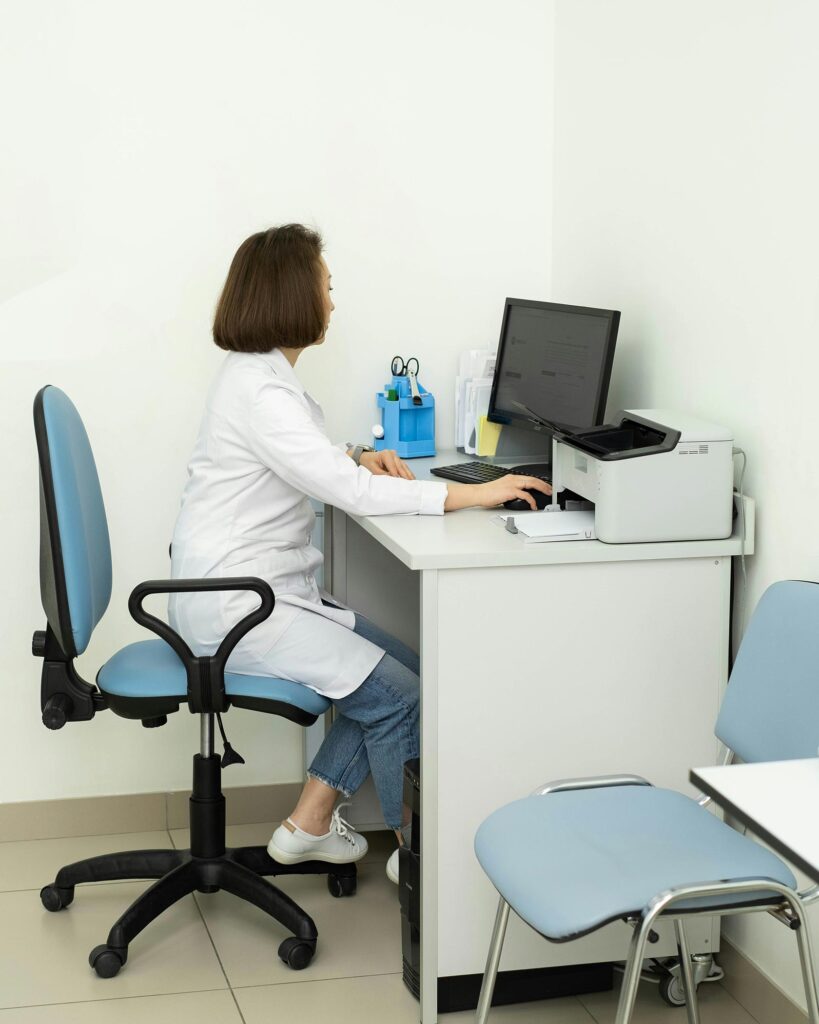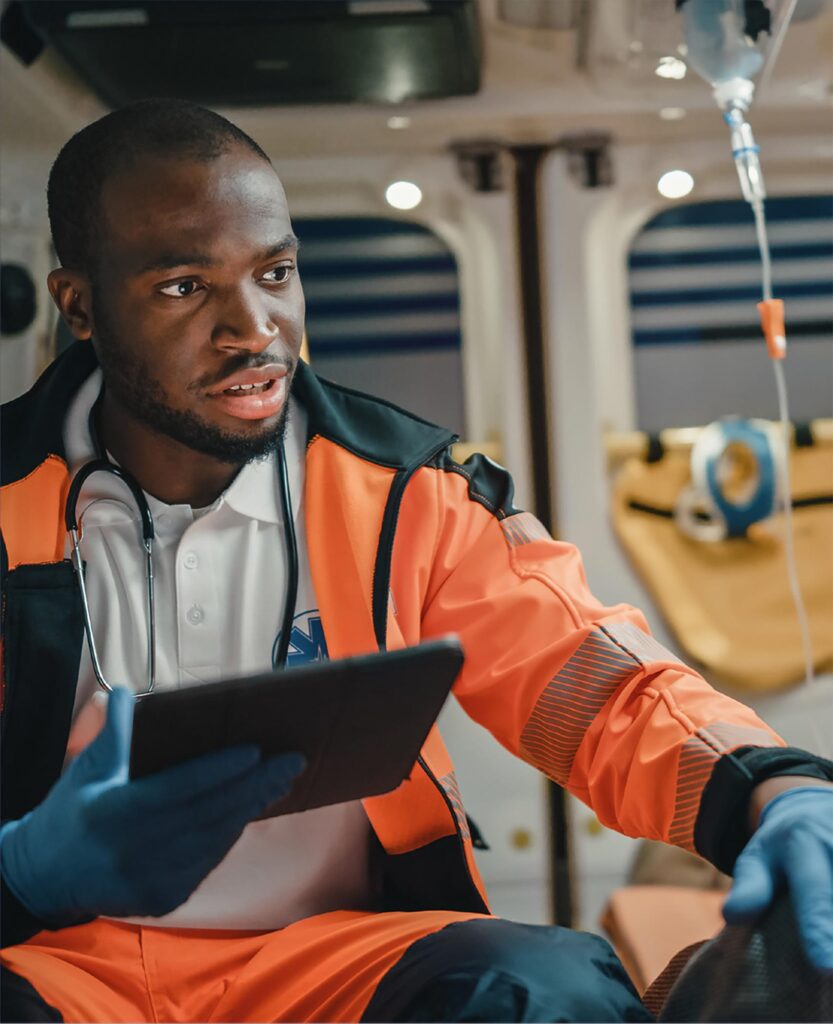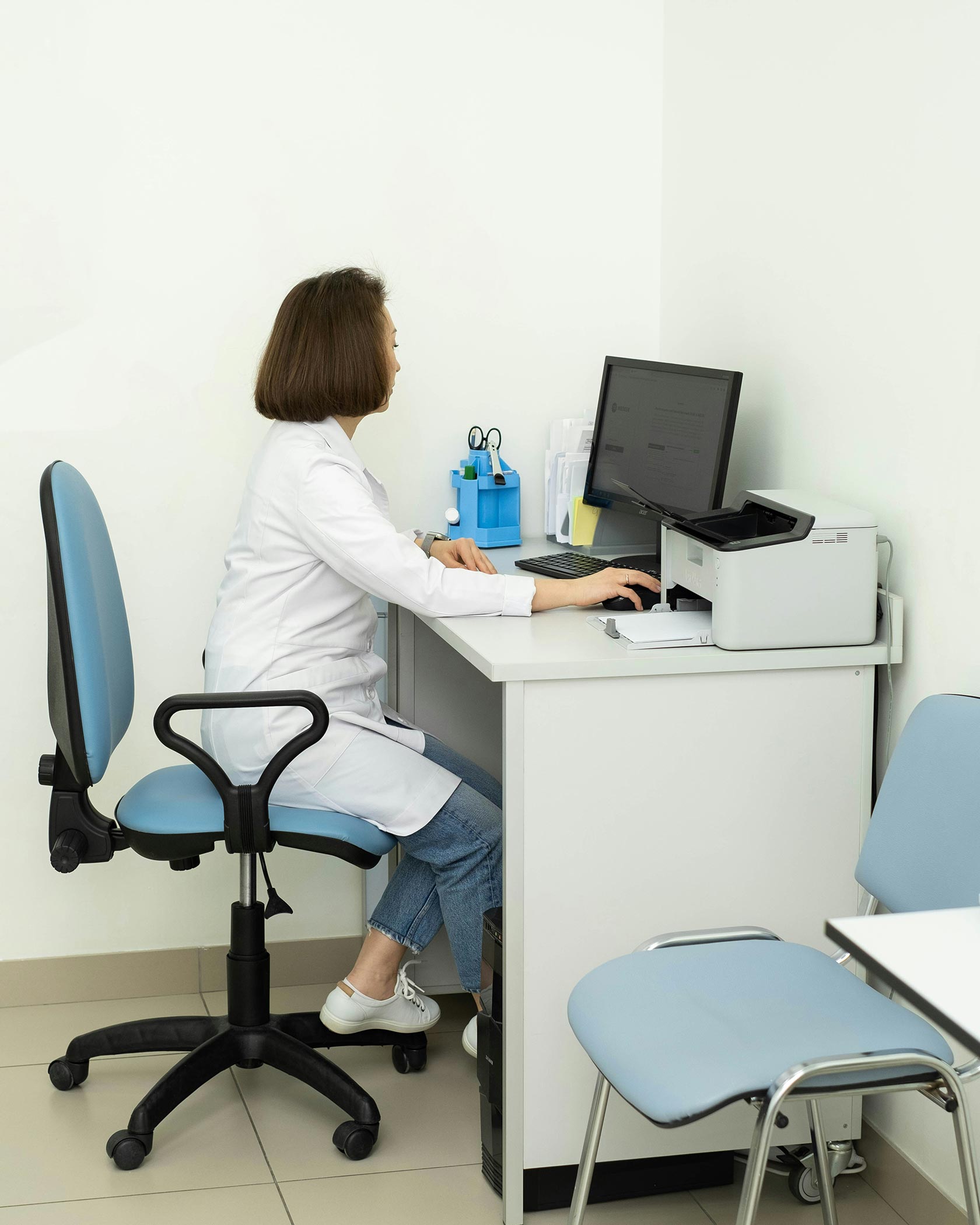In today’s fast-evolving healthcare landscape, community nurses in the UK are confronted with an administrative burden that significantly hampers their capacity for direct patient care. Over recent years, studies have highlighted that a substantial proportion of nurses’ working hours is absorbed by documentation tasks, which is in turn having a profound impact on their ability to provide valuable clinical time.
The Weight of Documentation on Nursing Practice
Community nurses are celebrated for their dedication and compassionate patient care. Yet, behind the scenes, these professionals are required to manage a considerable volume of clinical and organisational documentation. Recent data suggests that UK community nurses spend anywhere between 25% and 50% of their working day on paperwork. In particular, a 2023 report underscored that nurses are dedicating a staggering portion of their time—often up to half of their clinical day—to documenting patient information, with much of it in the form of narrative or unstructured notes. This documentation demand not only diverts attention from patient care but also contributes to stress and burnout among healthcare professionals .
Evidence from Recent Studies
The insights into these challenges are backed by robust research from both the UK and comparable healthcare systems. In a 2022 study conducted with Dutch community nurses—whose roles mirror those in the UK—the findings revealed that nurses spent approximately 20-25% of their time on combined clinical and organisational documentation. Within this portfolio, clinical documentation alone claimed twice the time of organisational tasks. While the study was not UK-specific, it provides valuable parallels given the similarities in healthcare processes across Europe.
Further compounding the issue, a 2023 survey by Florence reported that 20% of NHS and social care managers, responsible for overseeing community nursing, admitted to spending as much as seven to eight hours daily on administrative tasks. Of this time, a notable 30% was devoted solely to documentation and record-keeping. This places community nurses in a situation where, depending on the setting and workload, between 20-30% of their day may be lost to administrative minutiae, ultimately compromising patient interaction and care quality.
The Consequences for Patient Care and Nursing Wellbeing
The relentless administrative demands in community healthcare are not without consequence. With a significant percentage of their day consumed by documentation, community nurses find themselves with less time to devote to building relationships with patients, performing thorough assessments, and engaging in proactive care. This administrative load can lead to reduced job satisfaction, increased risk of errors due to fatigue, and overall lower efficiency in healthcare delivery. Patient care, which should be at the heart of every nurse’s commitment, is inadvertently sidelined by the need to complete exhaustive record-keeping tasks every day.


Enter AR-Powered Smart Glasses: A Technological Game-Changer
Amidst these challenges, a technological revolution is emerging that promises to alleviate the administrative strain: AR-powered smart glasses. These devices represent a leap forward in clinical practice, offering community nurses the ability to streamline their documentation processes significantly.
How do they work? AR-powered smart glasses allow nurses to record and dictate notes in real time while simultaneously interacting with patients. Using voice commands and augmented reality overlays, nurses can access patient records, update them electronically, and review critical data—all without the need to switch between multiple devices or applications. This hands-free approach not only enhances efficiency but also reduces the scope for error associated with manual entries.
Evidence of Efficacy Preliminary trials and recent studies have indicated that integrating AR smart glasses can lead to a substantial reduction in documentation time. Nurses have reported that the technology enables a more intuitive workflow, saving precious minutes that can be redirected to patient care. Given that community nurses currently lose up to one-third of their day to paperwork, these time savings could fundamentally transform patient outcomes and increase job satisfaction dramatically. The tangible benefits of these devices are corroborated by the significant time-saving effects observed in modern clinical trials .
Real-World Implications and Future Directions
Adopting AR-powered smart glasses is more than a matter of convenience—it is a strategic move to redefine the future of community healthcare. By reducing the administrative load, nurses can allocate more time to clinical tasks, ensuring a higher standard of care for patients. This shift not only promises immediate operational efficiencies but also resonates with long-term benefits such as improved nurse retention and reduced burnout.
Healthcare policymakers and NHS decision-makers are increasingly acknowledging the potential of such emerging technologies. As the pressure to optimise resources intensifies, investing in AR and similar digital solutions stands out as a forward-thinking measure to enhance overall healthcare delivery. With successful trials paving the way, the move towards digitisation in nurse documentation appears not only inevitable but necessary for the modernisation of patient care.
A trial of AR-powered smart glasses carried out by the Northern Lincolnshire and Goole Hospitals NHS Foundation Trust showed a 30% reduction in documentation and administrative paperwork time. This significant time saving allowed nurses to reallocate valuable minutes back to direct patient care, thereby enhancing both workflow efficiency and patient outcomes, and reducing the stress and potential for burnout which is frequently named the number one cause for staff shortages in healthcare.
Conclusion: A Turning Point in Healthcare Efficiency
The current administrative challenges faced by community nurses underline an urgent need for innovation within the healthcare sector. The evidence is clear: with up to half of their workday absorbed by documentation duties, community nurses are left with insufficient time for direct patient care. AR-powered smart glasses emerge as a vital tool in the ongoing effort to streamline clinical workflows, reduce errors, and ultimately foster an environment where nurses can focus on what truly matters—their patients.
Embracing this technology is a decisive step towards more efficient, patient-centred care. The integration of AR smart glasses not only aligns with future healthcare trends but also represents a concrete solution to one of the most pressing operational challenges faced by nurses today. As the NHS and other healthcare providers increasingly adapt to these technological advancements, the promise of a more balanced and effective workday for community nurses becomes a reality.
Are you ready to explore how AI/AR enabled smart glasses and remote collaboration can help your healthcare organisation? CyberPlus merges decades of accredited information and cybersecurity expertise with experience in the healthcare industry, together with leading edge innovation from strategic partners such as TeamViewer and RealWear. Contact us today to discover more.

